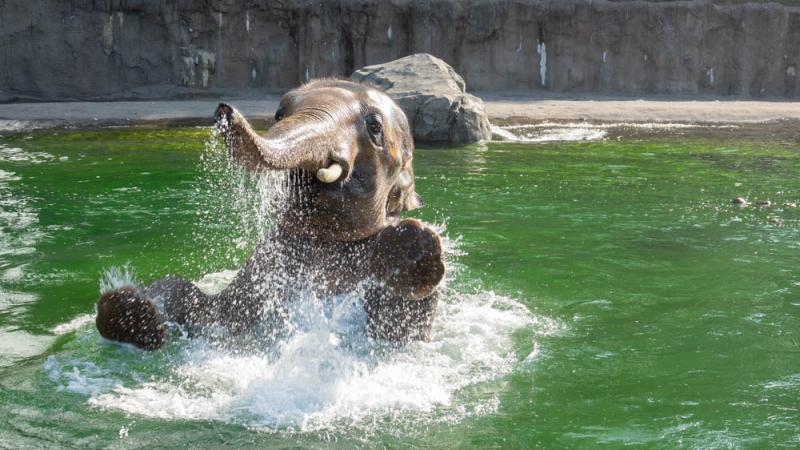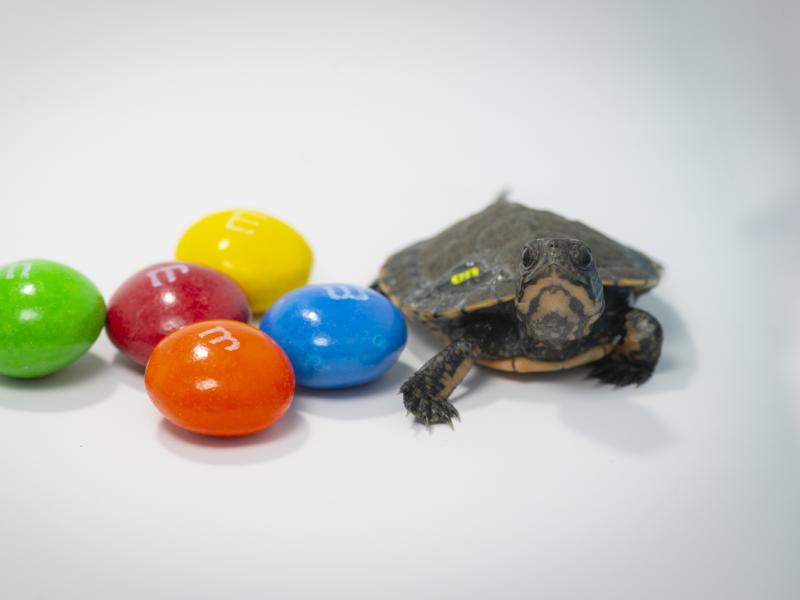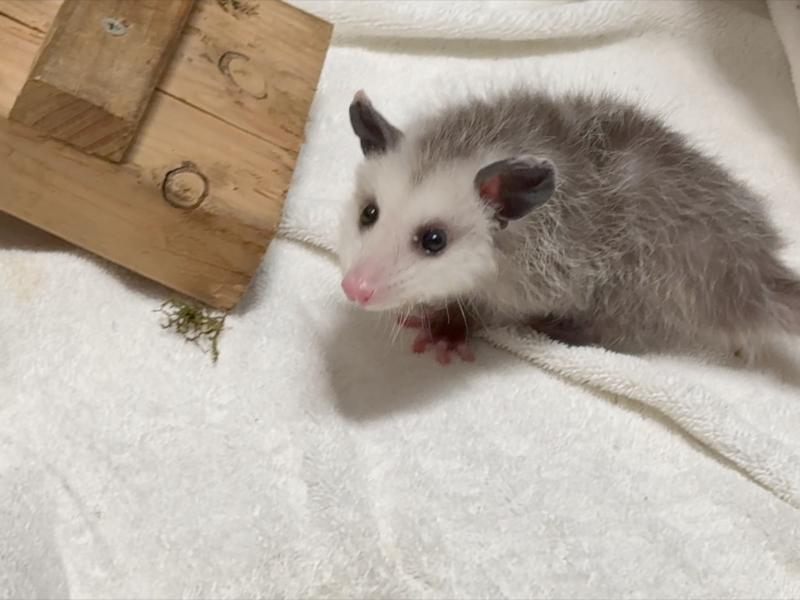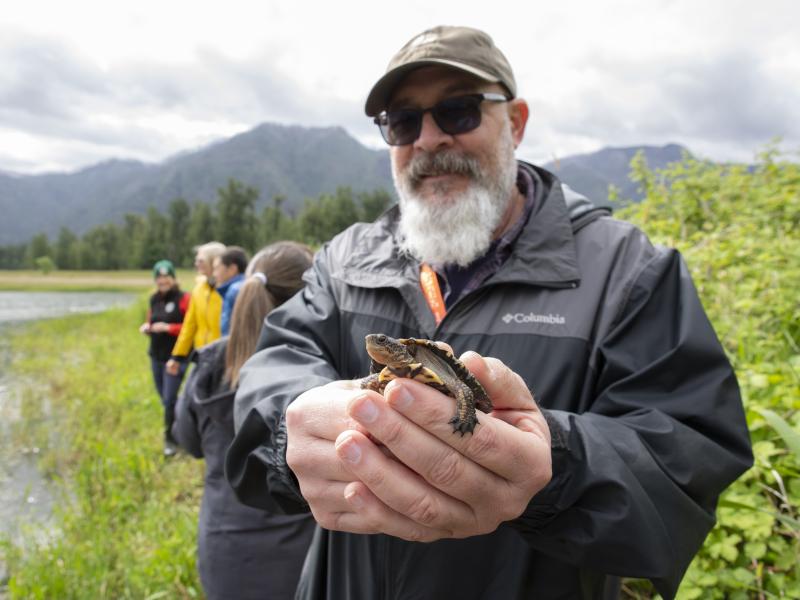
Young elephant is growing up, but still has a playful personality and loves the water
Asian elephant Samudra turned 15 years old at the Oregon Zoo today, and it’s safe to say birthday boys don’t come much bigger. The playful pachyderm, who weighed 286 pounds at birth, now tips the scales at around 10,000 pounds — and he’s still growing. Care staff expect him to put on another ton or two over the next couple decades.
“It’s amazing to see him getting so big,” said Steve Lefave, who oversees the zoo’s elephant area. “He’s much more mature and confident now, but he’s still got that playfulness that he’s had ever since he was a baby. Watching him splash in the pool or roll around in the mud, the word that comes to mind is ‘exuberance.’”
Arriving on Aug. 23, 2008, Samudra was the first third-generation elephant born in the United States. He has always loved the water — his name means “ocean” in Sanskrit — and is often seen playfully splashing in the 160,000-gallon pool at Elephant Lands.
At 15, Samudra is around the age where wild male elephants naturally move away from the herd they were raised in, and eventually he might need the opportunity to mingle freely with a different female herd, according to Lefave.
“In their range countries, male elephants will join new female herds from time to time during courtship, and sometimes they form bachelor groups with other young males,” he said. “In time, we want Samudra to have those kinds of opportunities too, but his situation suits him well for now.”
The zoo participates the Species Survival Plan for Asian elephants, a cooperative program aimed at supporting socially stable families and maintaining a sustainable, genetically diverse elephant population at facilities accredited by the Association of Zoos and Aquariums.
Samudra’s birthday comes during AZA’s Asian Elephant Awareness Month. During August, the zoo joins other accredited facilities and their conservation partners in celebrating this charismatic and at-risk species.
Considered highly endangered in their range countries, Asian elephants are threatened by habitat loss, conflict with humans and disease. It’s estimated that just 40,000 to 50,000 of them remain in fragmented populations from India to Borneo, and their home range overlaps with some of the most populous human areas on the planet — 20% of people worldwide live in or next to Asian elephant habitat.
The Oregon Zoo is recognized worldwide for its elephant care program, which has spanned more than 60 years. The zoo supports a broad range of efforts to help wild elephants and has established a $1 million endowment fund supporting Asian elephant conservation.
More News

Tiny Endangered Turtle Hatchlings Arrive At Zoo
Seventeen northwestern pond turtle hatchlings, each about the size of a walnut, are making themshellves at home at the Oregon Zoo this summer.June 4, 2025

Awesome opossum! Orphaned baby finds new home at zoo
A tiny opossum found wandering earlier this month has made his way to a new home at the Oregon Zoo.May 28, 2025

Zoo, partners return 19 endangered turtles to wild
Zoo-reared northwestern pond turtles are released in the Columbia River Gorge It was a shell-ebration last week for 19 northwestern pond turtles reared at the Oregon Zoo. In addition to partners from the Washington Department of Fish & Wildlife and U
May 19, 2025

